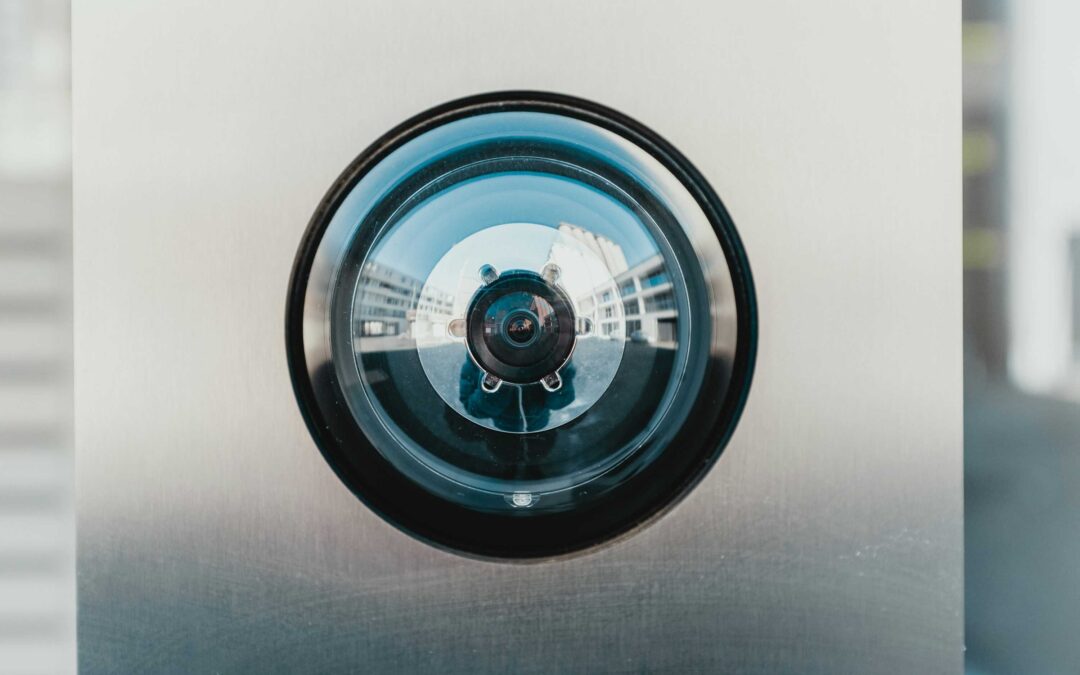Congratulations on becoming a homeowner! Moving into your first home is an exciting milestone, but along with the joys of homeownership comes the responsibility of keeping your property secure. These essential, easy-to-implement home security tips are designed to help first-time homeowners feel confident from day one.
1. Secure Your Doors and Windows
One of the simplest yet most effective security measures you can take is ensuring your doors and windows are properly secured. Replace the locks when you move in, and consider upgrading to deadbolts and reinforced strike plates. Window security films and sensors can add an additional layer of protection. Don’t forget about sliding doors—installing a bar or rod in the track can prevent them from being forced open.
2. Install Effective Outdoor Lighting
Outdoor lighting, particularly motion-sensor lights, is a strong deterrent for intruders. Proper lighting eliminates hiding spots around your home, discouraging potential break-ins and providing better visibility during the nighttime. Place lights at entryways, along paths, and near garages or sheds to reduce dark corners around the property. Solar-powered lights are a great option for energy efficiency and ease of installation.
3. Use Boundaries to Your Advantage
Creating clear boundaries around your home not only adds privacy but can also discourage trespassers. A solid fence, especially one made of wood or vinyl, offers both security and aesthetic appeal while requiring minimal upkeep. Whether you’re looking for better privacy, pet containment, or just peace of mind, adding a fence is a smart investment. Gates should be kept locked, and it’s worth inspecting fences seasonally for damage or weak spots. You might also consider using shrubs or hedges as natural boundaries in areas where fencing isn’t practical.
4. Utilize Home Security Systems
Installing a home security system, whether professionally installed or a DIY solution, can significantly enhance your safety. Modern systems include doorbell cameras, indoor and outdoor surveillance, motion detectors, and smartphone-controlled alarms, offering real-time monitoring and alerts. Choose systems that allow remote access so you can monitor your home while you’re away. Even basic alarm signage can act as a deterrent.
5. Strengthen Garage Security
Your garage is another entry point that deserves attention. Always keep garage doors closed and secured, especially overnight and when you’re away. Smart garage door openers can notify you if the door is left open and let you close it remotely. For added protection, consider a deadbolt on the interior garage access door and avoid leaving garage remotes in unlocked vehicles. Frosted garage windows can also help prevent would-be intruders from seeing inside.
6. Build Relationships with Neighbors
Getting to know your neighbors can be incredibly beneficial for home security. Participating in neighborhood watch programs or simply having a friendly rapport with those nearby can encourage shared awareness and quicker response to anything unusual. A trusted neighbor can keep an eye on your property during vacations or alert you to unexpected activity. Exchanging contact info and looking out for one another goes a long way in building a safer community.
7. Landscaping for Visibility
Thoughtful landscaping can improve security by maintaining clear sightlines around your property. Avoid dense shrubs near windows and doors. Instead, opt for lower-profile plants that enhance visibility and show the home is cared for and occupied. Consider using gravel pathways or mulch under windows to help detect footsteps. Motion-activated sprinklers can also serve as an unexpected deterrent.
8. Make Your Home Appear Occupied
When you’re away, creating the illusion of activity inside your home can deter break-ins. Use timers for lights, keep the driveway clear of newspapers or packages, and avoid advertising travel plans on social media. Ask a friend or neighbor to bring in your mail or park in your driveway occasionally to make the house look lived in. You can also leave a radio or TV on to simulate someone being home.
9. Know Local Requirements Before Starting Projects
Before making exterior upgrades like installing a fence or security camera system, it’s important to check local zoning regulations and permit rules. Many cities require approval for fences over a certain height or those placed near property lines. Permit requirements for fence installation often vary by city and can impact your project timeline, so it’s smart to look into them early.
Conclusion
Improving home security doesn’t require a complete overhaul. Small, thoughtful updates—like better locks, lighting, landscaping, and clearly defined boundaries—can go a long way in keeping your home safe and comfortable. Whether it’s your forever home or a stepping stone, these simple changes help build peace of mind for the long term.

Recent Comments